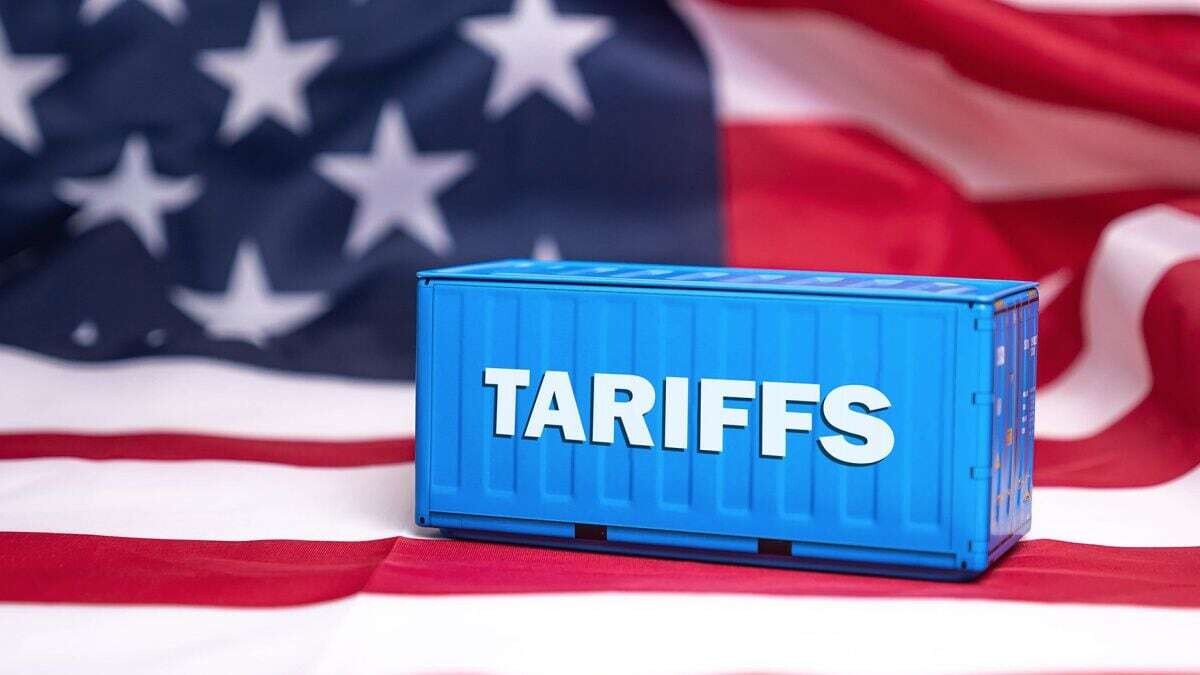
The President of the United States, Donald Trump, has reiterated his decision to apply a 25 percent tariff on products from Mexico, Canada, and China, not backing down from this stance until those countries take concrete measures to curb drug trafficking into U.S. territory. In response to this situation, the aluminum industry has urged the Mexican government to maintain ongoing negotiations.
On March 12, the United States began to implement a 25 percent tariff on imported steel and aluminum, which will particularly impact Canada in both categories and Brazil, Mexico, South Korea, and Vietnam regarding steel. As for aluminum, the tariffs will affect the United Arab Emirates, Russia, and China. Additionally, Trump has extended a pause until April 2 for the increase of tariffs on Canada and Mexico concerning products covered by the USMCA free trade agreement.
Julio César Martínez Rivas, president of the National Chamber of the Aluminum Industry, has highlighted the importance of time in negotiations with Trump. According to him, the speed of reaching an agreement will be decisive for coping with these tariff measures worldwide. Companies along the U.S. border have suspended their operations due to the tariffs, as certain products are not exempt from these taxes.
Martínez Rivas mentioned that about 33 percent of aluminum products exported by Mexico to the U.S. are subject to tariffs, which translates to approximately 620 million dollars annually. The economic impact is estimated to be 11 percent on sales volume, which reaches 2.5 trillion dollars.
The pause in tariffs, with a deadline of April 2, provides Mexico the opportunity to accelerate negotiations and achieve an agreement that benefits both parties. This date, according to Martínez Rivas, is crucial, as it also implies the elimination of reciprocal tariffs for Mexico. This timeframe is expected to be utilized to reach a favorable agreement amid a globally impacted scenario due to these tariff measures.














